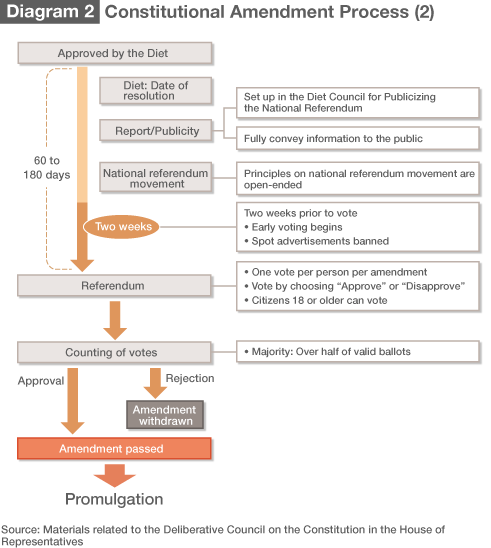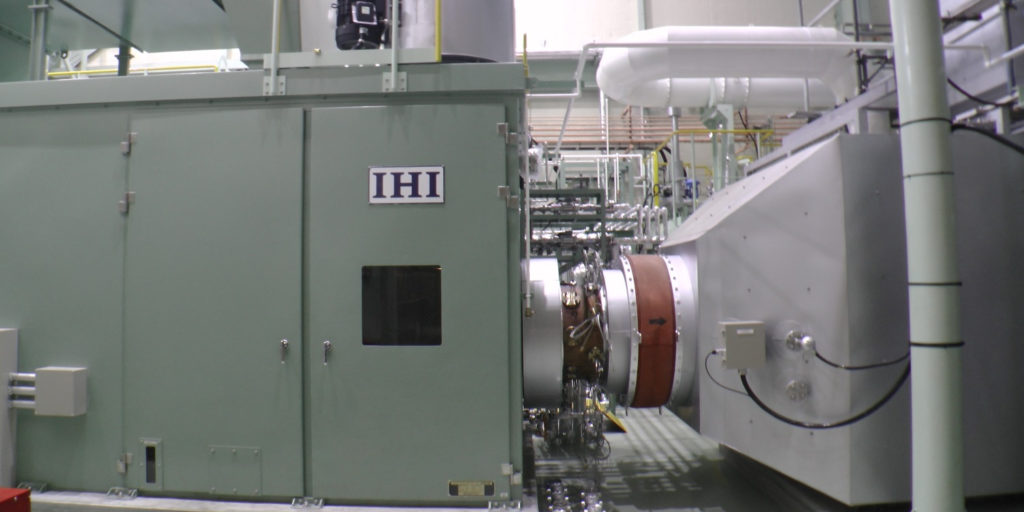Chemical waste management is a critical component of environmental sustainability, ensuring that potentially harmful substances are handled and disposed of responsibly. This article delves into the realm of chemical waste management, shedding light on strategies to minimize the impact of hazardous materials on our environment. From pollution prevention to innovative recycling methods, we explore sustainable solutions that contribute to a cleaner and more ecologically balanced future.
1. The Challenge of Chemical Waste
Managing chemical waste is essential to protect the environment and human health from the potential hazards posed by hazardous materials.
2. Types of Chemical Waste: Identifying the Hazards
From industrial byproducts to household chemicals, understanding the different types of chemical waste is crucial for effective management.
3. Pollution Prevention: The First Line of Defense
By prioritizing pollution prevention strategies, industries can minimize the generation of hazardous waste from the outset.
4. Hazardous Waste Handling: Safety First
Proper handling, storage, and transportation of hazardous materials are vital to prevent accidents and protect workers and communities.
5. Waste Minimization Techniques: Lessening the Environmental Impact
Adopting green chemistry principles and employing efficient production techniques can significantly reduce chemical waste generation.
6. Recycling and Resource Recovery: Giving Waste a Second Life
Innovative recycling processes can transform chemical waste into valuable resources, reducing the demand for virgin materials.
7. Waste Treatment Technologies: Cleaning Up Contaminated Sites
Advanced treatment methods are employed to remediate contaminated sites and mitigate the environmental impact of chemical waste.
8. Regulatory Framework: Ensuring Compliance
Stringent regulations govern the handling, storage, and disposal of chemical waste to protect both public health and the environment.
9. Corporate Responsibility: Sustainability in Business Practices
Many industries are adopting sustainability initiatives that include responsible chemical waste management as part of their corporate social responsibility efforts.
10. Community Engagement: Building Trust and Transparency
Engaging with local communities and stakeholders is crucial in fostering trust and transparency in chemical waste management practices.
11. Education and Awareness: Empowering Change
Raising awareness about the importance of chemical waste management is key to driving positive behavioral changes in both industry and society.
In Conclusion: Paving the Way to a Cleaner Future
Chemical waste management is a vital aspect of environmental sustainability, safeguarding our planet and its inhabitants from the potential harms posed by hazardous materials. Through strategic planning, innovation, and regulatory compliance, we can forge a path towards a cleaner, more ecologically balanced future.
In Conclusion:
Chemical waste management is a vital aspect of environmental sustainability, safeguarding our planet and its inhabitants from the potential harms posed by hazardous materials. Through strategic planning, innovation, and regulatory compliance, we can forge a path towards a cleaner, more ecologically balanced future.
Tags: Chemical Waste Management, Hazardous Waste, Environmental Sustainability, Waste Disposal, Pollution Prevention, Green Chemistry, Recycling, Waste Treatment











